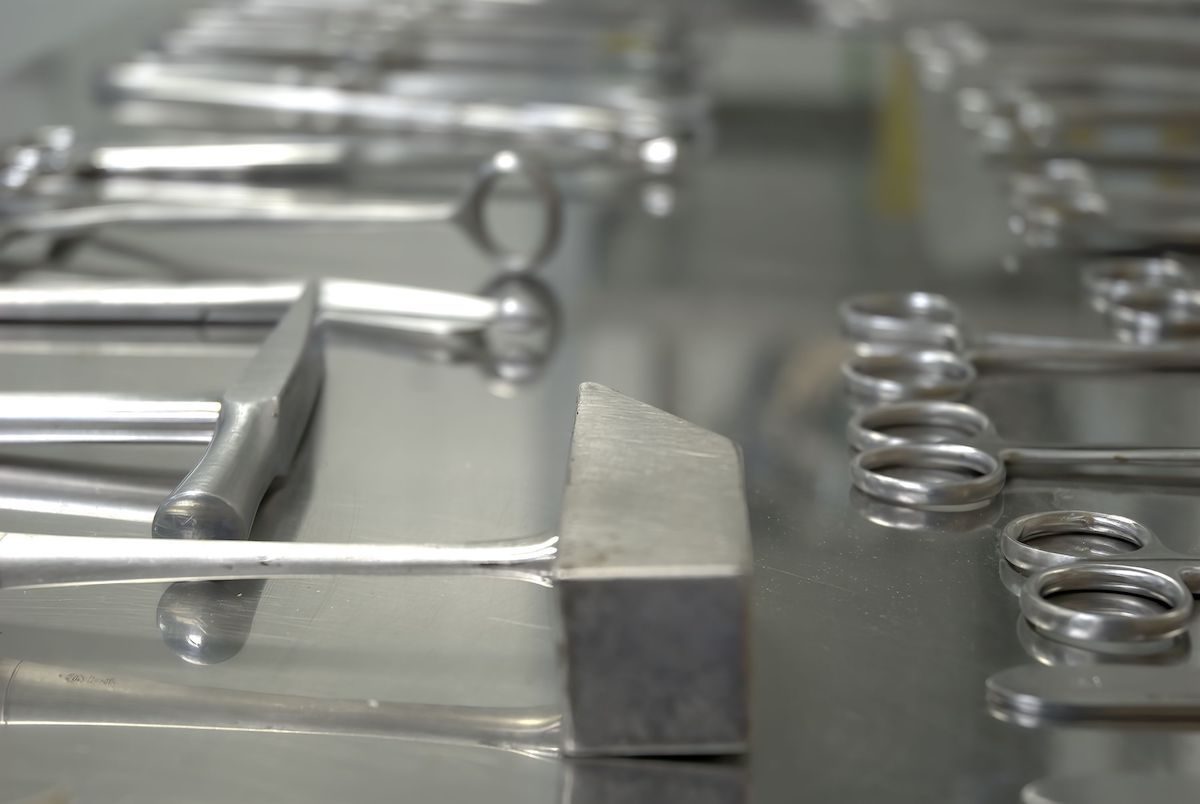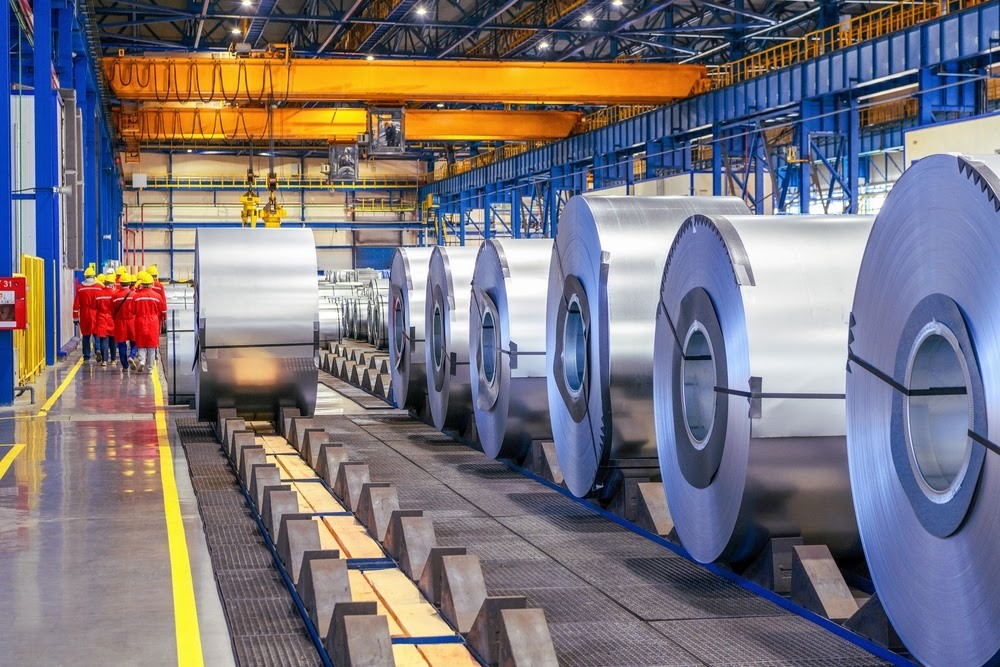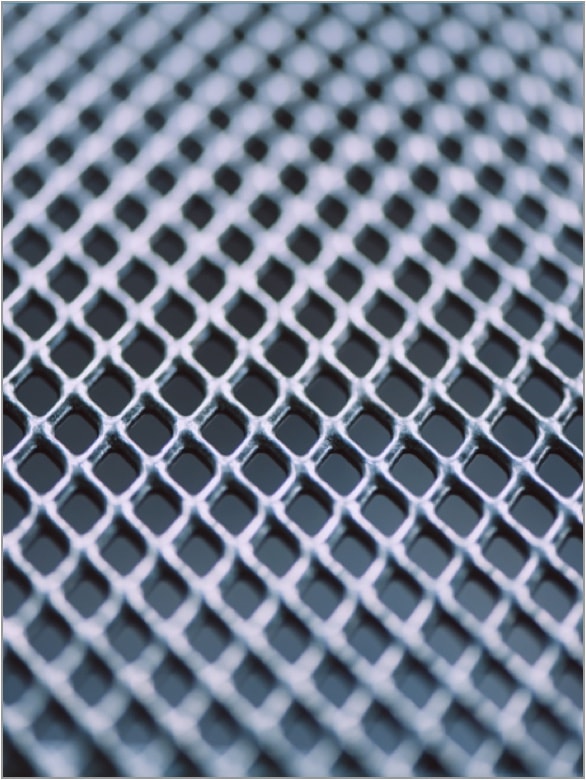Aluminum is the most abundant metallic element, it is present in the earth's crust and is part of non-ferrous metals. Thanks to its lightness, its good behavior in terms of mechanical resistance that allows various alloys and its high thermal conductivity, among other characteristics, it is one of the most used materials in the automotive and aeronautical industry.
Aluminum is stable in air and resistant to corrosion, with the correct treatment it is an excellent material for structural or decorative applications in seawater, as well as many aqueous solutions and other chemical agents.
Pure Aluminum
Pure aluminum, practically has no application, since it is a soft material with little mechanical resistance. That is why it requires treatments and alloys with other elements to increase its resistance and acquire other qualities.
Industrial Applications
In the chemical industry, aluminum and its alloys are used to manufacture tubes, containers and devices. In terms of transportation, they are very useful for building airplanes, railway wagons, and automobiles.
Due to its high thermal conductivity, aluminum is used in kitchen utensils and in pistons of internal combustion engines. In addition to its use in aluminum foil that we already know.
It is an ideal material that is easily molded so it is used in flexible wrappers, bottles and easy-open cans.
Availability for Recycling
Using recycled aluminum for the production of new aluminum alloys, allows to reduce up to 90% the energy necessary to transform it, compared to the energy required to extract the material from nature.
Research continues to discover new methods to try to recover as much aluminum as possible that is used in the industry.
Weight
As we mentioned, aluminum is a very light metal (2.7 g/cm3) that is, a third of the specific weight of steel. That is why using this material for vehicles reduces dead weight and energy consumption.
Corrosion Resistance
Naturally, aluminum generates a protective layer of oxide, and is highly resistant to corrosion. Hence its use in the food industry for conservation and protection.
Electrical and Thermal Conductivity
Thanks to its weight, aluminum is an excellent conductor of heat and electricity, even better than copper. That's why it is used in the main power transmission lines.
Reflectivity
It is an excellent material for reflecting light and heat, mainly used for lighting accessories or rescue blankets.
Ductility
Aluminum is ductile and has a low melting point and density. It is highly reformable which allows the manufacture of wires and cables, being widely used recently in high voltage electrical wiring.
At Ulbrinox we have the support of the leading mills worldwide, so we are proud to provide high quality aluminum according to your needs. If you require a specific alloy for your industry one of our experts will follow up through our online chat.













